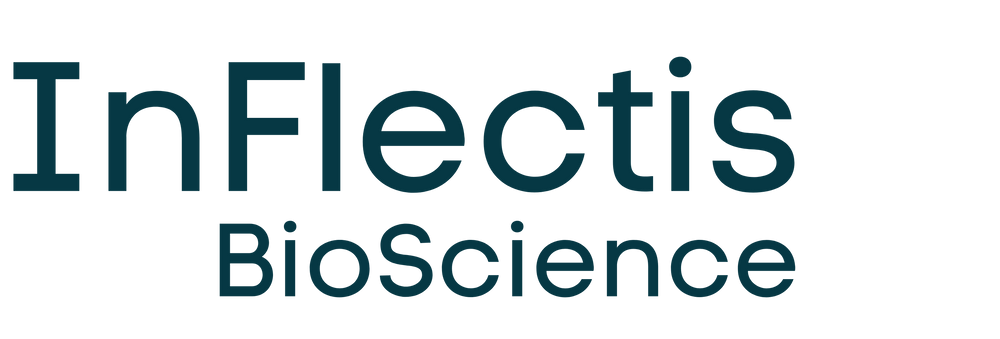Nantes, France – February 6th, 2025 – InFlectis BioScience SAS, a drug discovery company pioneering development of therapeutics harnessing the Integrated Stress Response (ISR) for a spectrum of neurological diseases, today announced the successful completion of its P288ALS TRIAL study (NCT05508074). This study was designed as a randomized, double-blind, placebo-controlled, parallel-group phase 2a trial comparing its drug candidate IFB-088 (25 mg BID) plus riluzole with placebo plus riluzole, in patients afflicted with bulbar-onset ALS, a particularly severe ALS subtype.
The primary objective was the assessment of safety of IFB-088. The sample size was powered to demonstrate safety with a total of 51 bulbar-onset ALS patients randomized (2:1, treatment:placebo with standard of care), among whom 41 have data available at 6 months. Secondary endpoints included a range of validated efficacy parameters and biomarkers.
Overall, IFB-088 was found to be safe and well-tolerated with non-meaningful observations, meeting the primary objective of the study and confirming the findings of the Phase 1 study in healthy volunteers.
The study also showed promising results for IFB-088 on efficacy parameters although the sample size was not powered to demonstrate efficacy. A trend in favor of a lower functional decline measured with ALSFRS score in IFB-088-treated patients was shown in the Intent-to-Treat population (51 patients). In the per protocol population (40 patients), this difference in functional decline measured with ALSFRS score between the placebo and IFB-088-treated patients was statistically significant with a decline of -0.95 pts ALSFRS/month in IFB-088 treated group versus a -1.42 pts ALSFRS/month in the placebo group over the six months; this difference is also clinically meaningful. The evolution of clinical scores on the ALS-MiToS and King’s College scales, and of respiratory function decline assessed by measurement of slow vital capacity (SVC) in the per protocol population, confirm this trend in favor of IFB-088. Overall, these clinical results confirm previous findings of the ProMISe Phase 2 study with IFB-088 parent drug, guanabenz, in ALS patients, carried out by IRCCS “Carlo Besta” Neurological Institute in Milan, Italy.
The clinical trial also confirmed that both the integrated stress response (ISR) and oxidative stress pathways were engaged in bulbar ALS patients upon IFB-088 treatment. Biomarker measurements demonstrated IFB-088’s activity on these metabolic pathways. Biomarker assessments also substantiated the efficacy of IFB-088 on critical ALS pathological pathways including TDP-43 mis-localization, oxidative stress, neurodegeneration and inflammation. These results validate preclinical findings and support the underlying medical hypotheses.
“These findings confirm the hypotheses raised from preclinical studies and strongly support the premise of moving IFB-088 to pivotal study,” said Dr. Anne Visbecq, InFlectis Chief Medical Officer.
“The positive results, supported by both clinical outcomes and biomarker validation, while confirming our previous work, strengthen the therapeutic potential of targeting the integrated stress response (ISR) and oxidative stress pathways in bulbar onset ALS. These findings provide a strong foundation for further clinical development and bring us one step closer to delivering an innovative and effective treatment to patients,” said Prof. Giuseppe Lauria, Principal Investigator, Professor of Neurology at University of Milan, Scientific Director at IRCCS “Carlo Besta” Neurological Institute.
Pierre Miniou, Chief Executive Officer of InFlectis, declared: “We are very encouraged by the results we observed with IFB-088 and appreciate the financial support of ALS Association and AFM-Téléthon. These compelling findings position IFB-088 for forthcoming pivotal studies and pave the way for new treatment possibilities for ALS. InFlectis BioScience is now seeking global partners to complete the development and registration of IFB-088 in ALS and leverage the company’s assets in a broader pipeline of neurological indications with unmet medical needs, such as Charcot-Marie-Tooth Disease."




